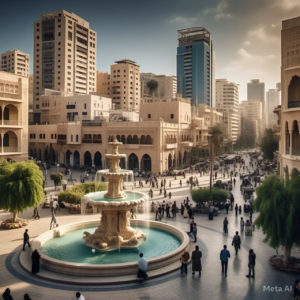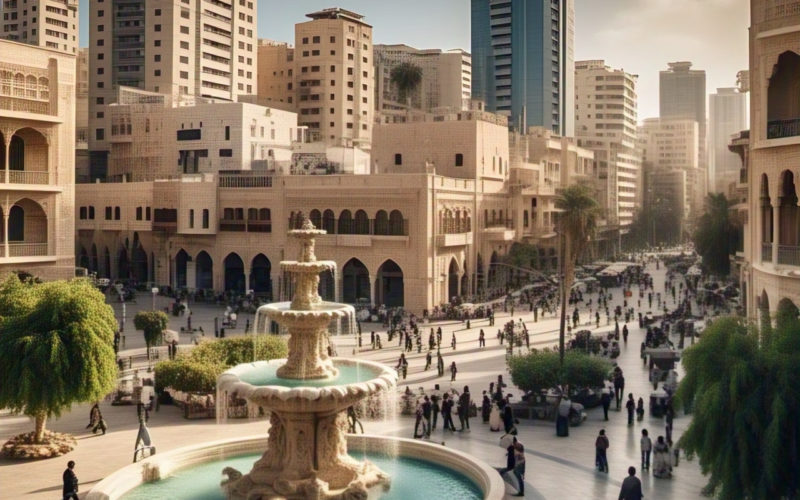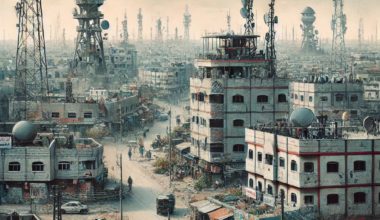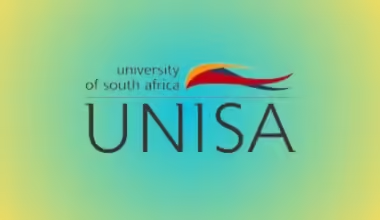
As tensions remain high in Gaza, the population anxiously awaits the results of ongoing negotiations between Hamas and Israel. These talks, mediated by international actors, represent a critical juncture for the region, which has been devastated by years of conflict. For the people of Gaza, the stakes are incredibly high, as the outcomes of these discussions could significantly impact their daily lives and the future of the territory.
Gaza, a densely populated strip of land home to over two million people, has been at the center of the Israeli-Palestinian conflict for decades. The region has experienced repeated rounds of violence between Hamas, the Islamist group that controls Gaza, and Israel. The current talks aim to address both immediate ceasefire agreements and long-term solutions for the region, though achieving a breakthrough has proven difficult due to the complex dynamics and deep-rooted hostilities.
The Human Impact on Gaza
For the people of Gaza, the ongoing conflict has resulted in profound human suffering. Many Gazans live in conditions marked by poverty, unemployment, and limited access to essential services. The frequent airstrikes and military operations in the region have left homes, schools, and hospitals damaged or destroyed, creating a dire humanitarian situation. As a result, many in Gaza are hopeful that these negotiations could bring about a much-needed ceasefire and pave the way for reconstruction and recovery.
One of the central issues at play in the talks is the blockade that has been imposed on Gaza by Israel and Egypt since Hamas took control of the territory in 2007. This blockade has severely restricted the movement of goods and people, further exacerbating the economic and humanitarian crisis in Gaza. Many Gazans are hoping that any potential agreement reached in these negotiations will lead to an easing of the blockade, allowing for greater access to food, medical supplies, and employment opportunities.
Challenges in Reaching a Resolution
However, there are significant challenges to reaching a lasting resolution. Israel views Hamas as a terrorist organization and is wary of any concessions that could strengthen the group militarily. Meanwhile, Hamas demands an end to the Israeli blockade and seeks recognition of Palestinian rights, particularly regarding the return of Palestinian refugees and the status of Jerusalem. These conflicting goals have often led to impasses in previous negotiations, and there is concern that the current talks may also struggle to yield meaningful results.
Despite the challenges, the international community has continued to push for a resolution, recognizing that the situation in Gaza is unsustainable. Various regional and global actors, including Egypt, Qatar, and the United Nations, have played a role in facilitating the talks, hoping to prevent another outbreak of violence and find a pathway toward peace.
Hope for the Future
While the outcome of the negotiations remains uncertain, the people of Gaza are holding on to hope for a positive resolution. Many Gazans yearn for an end to the cycle of violence and instability that has defined their lives for so long. The prospect of a ceasefire, improved living conditions, and a potential political solution could offer a glimmer of hope for a brighter future.
As the talks continue, the world watches closely, knowing that the results could have far-reaching consequences for the region. Whether these negotiations will lead to a significant breakthrough or merely a temporary reprieve remains to be seen, but for now, the people of Gaza wait in anticipation, hoping for peace.
WRITTEN BY MR KENDRICK





